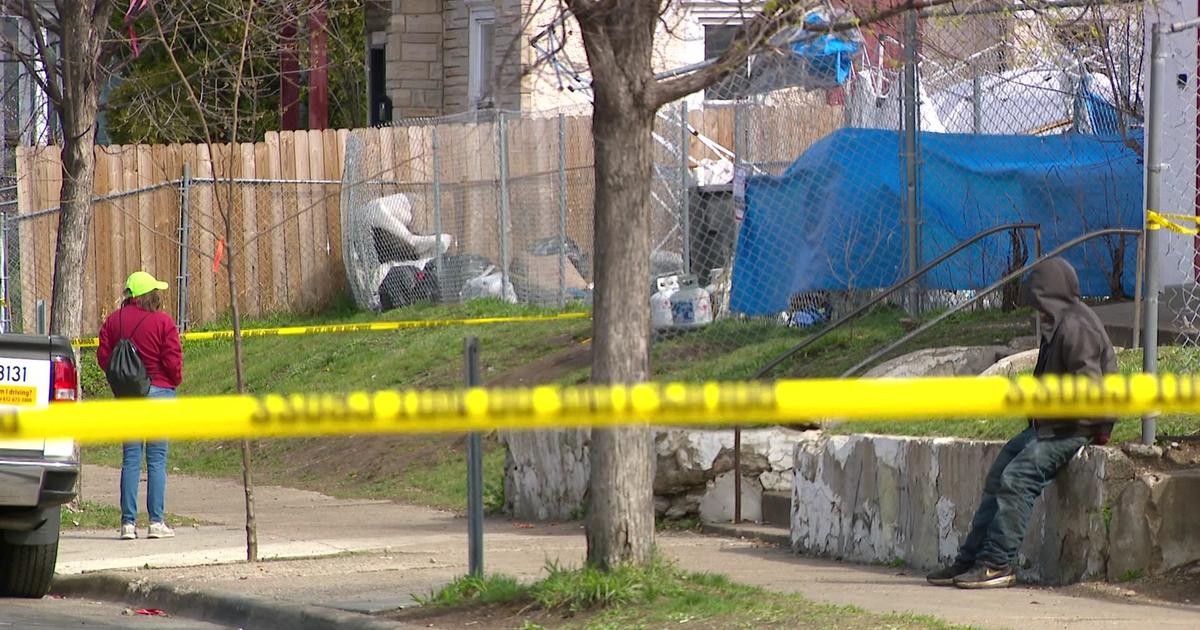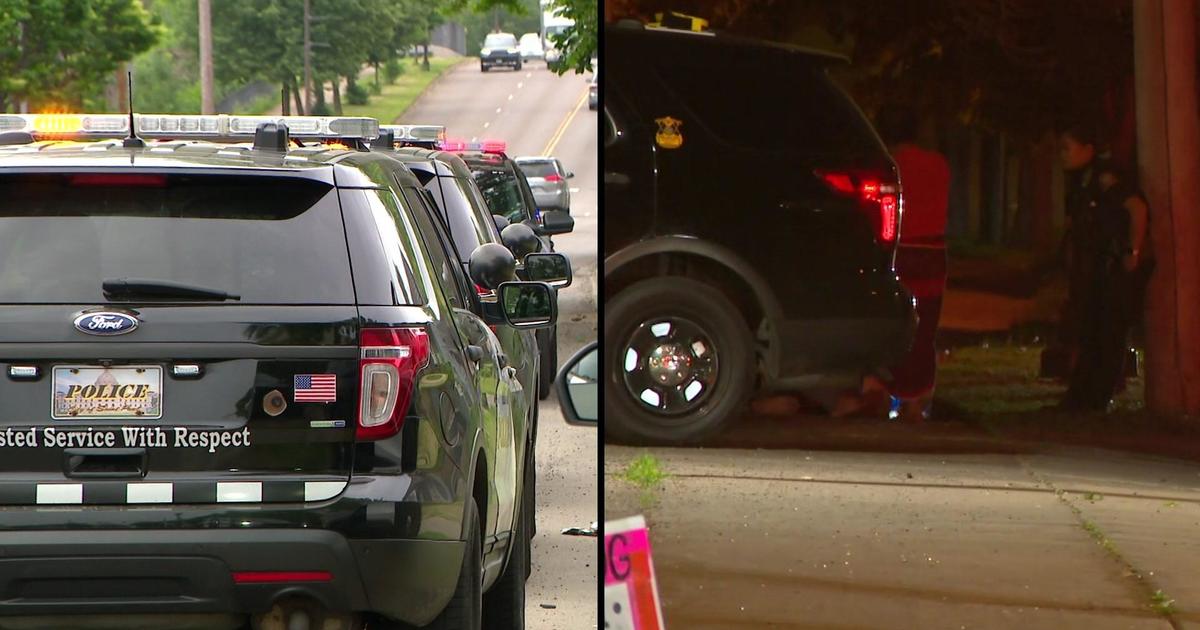Higher Ground St. Paul Providing New Shelter For Homeless
ST. PAUL, Minn. (WCCO) -- Homeless advocates hope the new legislative session brings about new funding to complete the second phase of St. Paul's new Dorothy Day Place.
Phase one of Higher Ground St. Paul is almost complete, and new residents will be moving in soon.
In just a few weeks, this five-story building will provide quality housing to people who have nowhere to call home. Higher Ground St. Paul was built to address the overcrowding of the city's downtown Dorothy Day Center Homeless Shelter.
"When I first got here I slept on the floor for the first three days," said Camille Pasha.
Camille Pasha says she had nothing when she arrived at Dorothy Day. After sleeping on the floor, she eventually made it to the women's shelter. Now when Higher Ground opens, she'll have a home.
"I know which room or apartment I am going to have. It's going to be different because I'll have my own space," Pasha said.
The need for shelter space increased dramatically in 2010. Dorothy Day was proud to say no one was ever turned away who needed shelter.
"By 2011, we were turning people away. Folks were sleeping outside at night. Tents started popping up," said Gerry Lauer.
The new building is just the first phase of a two-part project. Higher Ground St. Paul will shelter 280 men and women, and a range of permanent housing options for 193 people.
The old building will soon focus only on services until it is torn down to make room for phase two of the project, St. Paul's Opportunity Center and housing.
"Our second phase is expanding the clinic space, working with Ramsey County, bringing in county workers, bringing in stronger ties to Ramsey County mental services," Lauer said.
That second phase will include expanded services and 170 permanent housing options.
For many, this project will help rebuild lives and provide a model for other communities on how to give a hand up to people in need.
"Charities is a blessing to everybody is need," Pasha said.
The whole project should cost $100 million, funded through public and private sources. The lack of a bonding bill from the last session of the Minnesota Legislature has stalled progress on Phase II of the project.



